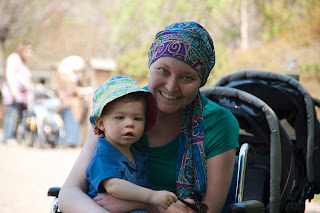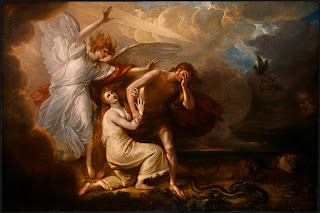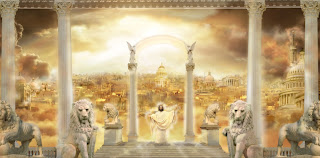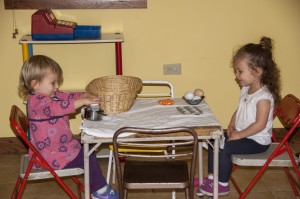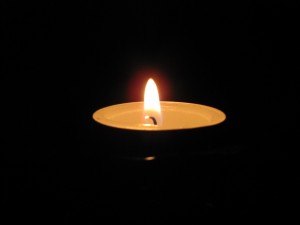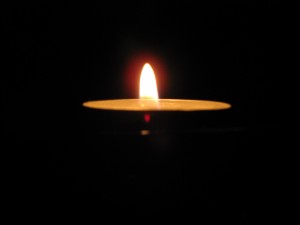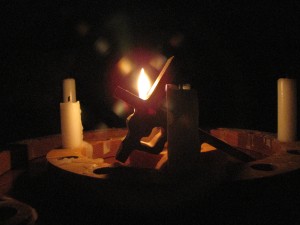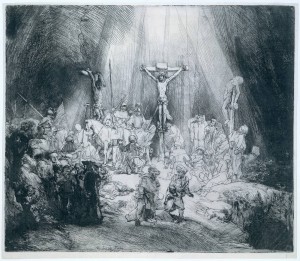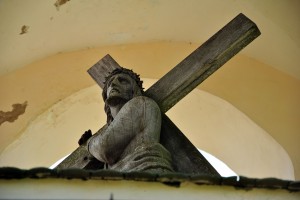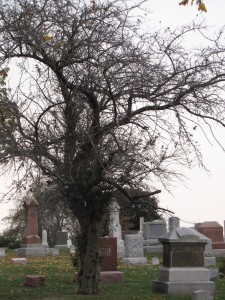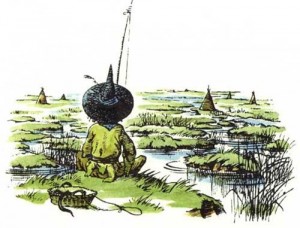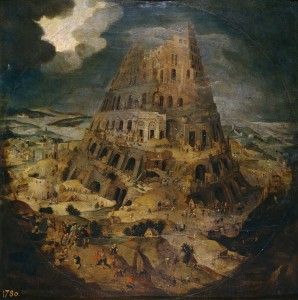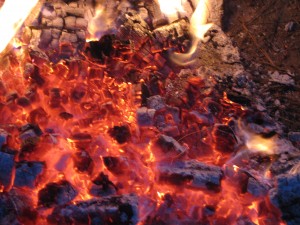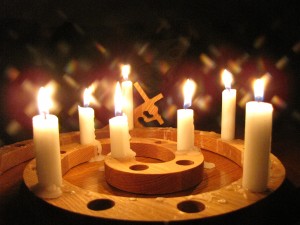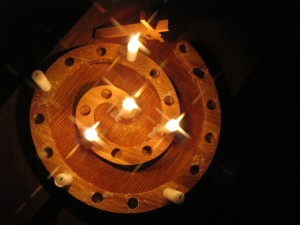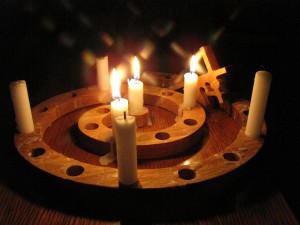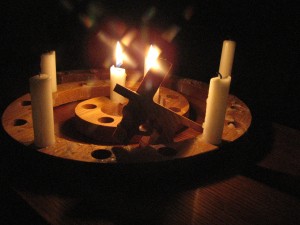Holy Saturday.
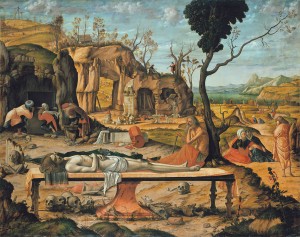
The day God is dead.
The day we lose God Himself.
Don’t miss this. Don’t rush through it. On the Saturday between Good Friday and Easter Sunday, God is dead.
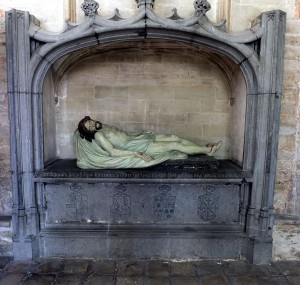
One part of the Trinity, yes, but God nonetheless.
The Word of God is gone. We can no longer hear Him.
Linger in this day. Does the earth feel different? Somehow vacant?
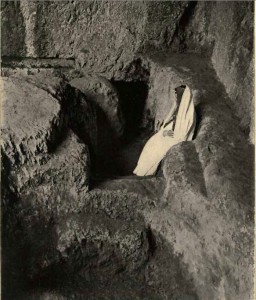
There is, for this day, no possible way to reach God.
And the curtain of the temple was torn in two.
No Most Holy Place where the high priest could meet with God.
It is finished.
He bowed His head and gave up His spirit.
No Word of God in whom we can see the Father.
No one has ever seen God; the only God, who is at the Father’s side, he has made him known.
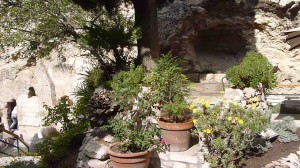
Remain in this day as long as you can. I don’t understand how, but somehow this day exists on which we are completely isolated from God.
Breathe in the horror of this day. God is dead. He is, for this day, unattainable. Can you catch even a glimpse?
The disciples did. They lived it for what must have felt like an eternity.
We’d rather skip past this day, this Saturday that contains Christ’s body in the tomb. Yet we must linger if we are to grasp the power of Easter Sunday. We must dwell here awhile if we are to be allowed to hold the joy of Easter Sunday.
When the Son, the Word of the Father is dead, then no one can see God, hear of Him or attain Him. And this day exists, when the Son is dead, and the Father, accordingly, inaccessible. ~ Hans Urs Von Balthasar (theologian and author)
Can you feel the terror of it? Do you sense the incomprehensible void that stretches before us on this day? What does it even mean?
Do not rush too quickly past this Holy Saturday on your way to the miracle. You may miss the deepest part of the gratitude and joy that are to come.
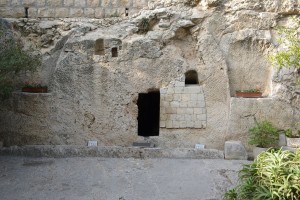
The deepest gratitude and joy that come only when you understand what was absent, and understand that it was only for a day.
Art credits: Preparation of Christ’s Tomb by Vittore Carpaccio; Tomb of knight Philip Keerman in Flanders, Belgium; 1912 photograph of Jerusalem Garden Tomb by Dwight Lathrop Elmendorf; Side view of Garden Tomb by Deror Avi; Jerusalem Garden Tomb by Berthold Werner

